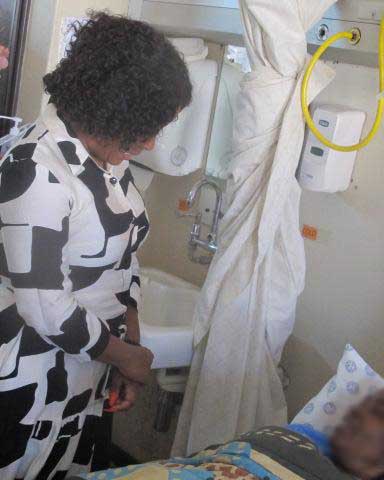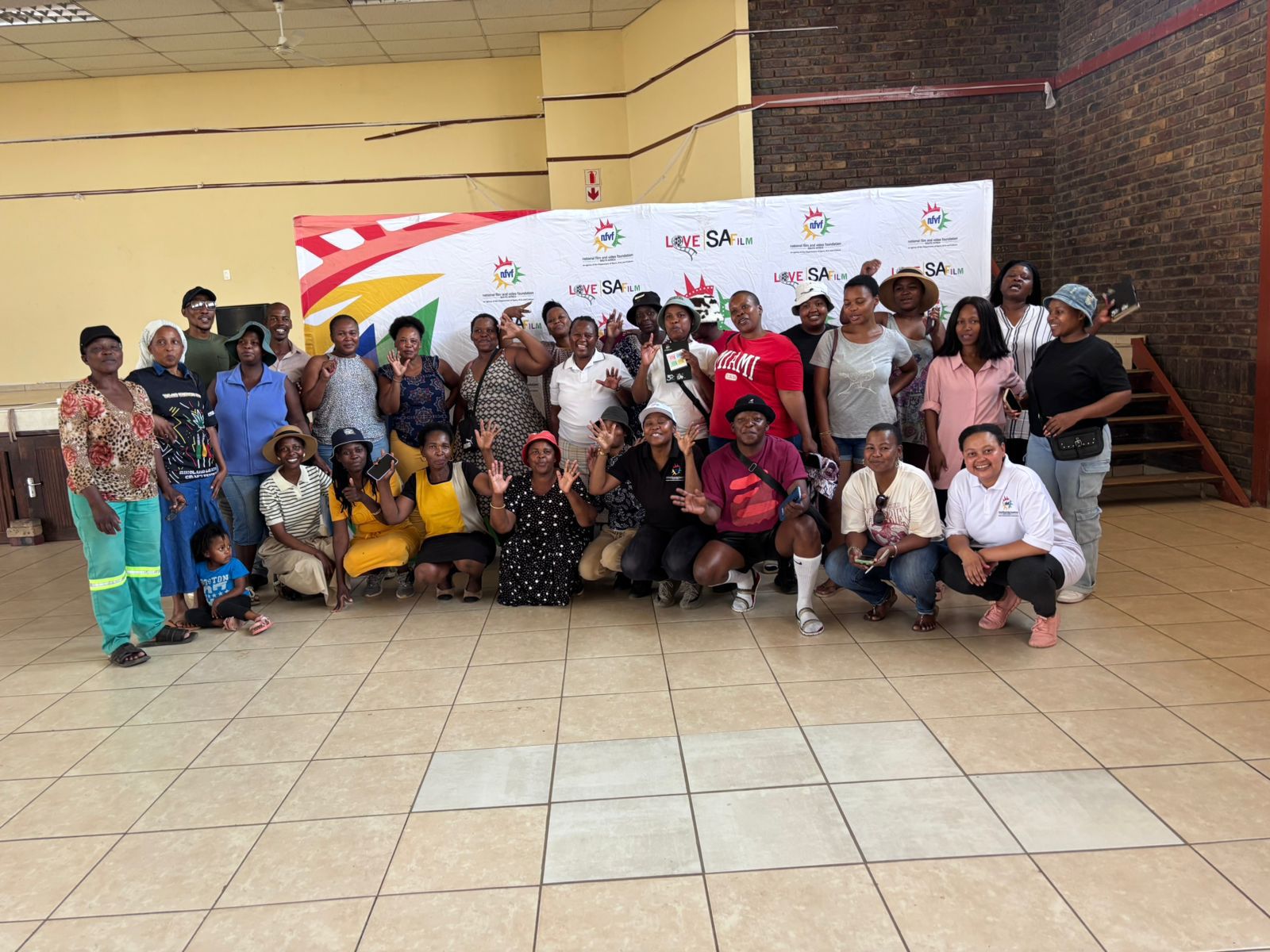By Montsho Matlala
Polokwane: Beyond prejudices and unwanted attention, many women with disproportionately large breasts endure severe physical and emotional pain, often struggling with daily tasks and work responsibilities.
Recently, two women underwent life-changing breast reduction procedures at Mankweng Hospital, outside Polokwane.
The surgeries were made possible through the Limpopo Department of Health’s initiative for Women’s Month.
Jessie Moshi, 39 (not her real name), shared her story from her hospital bed:
“In school, it was a double burden for me — a heavy school bag on my back and heavy breasts on my chest. Life with large breasts was painful; I had to quit several jobs because I couldn’t bend down properly. Three years ago, I started seeking help from clinics and hospitals. Today, thanks to the doctors and nurses of Mankweng Hospital, I am free. From now on, I will be able to celebrate freely with others during events such as Heritage Day and Women’s Month.”
Rebecca Rooi, 34 recalled how her condition worsened in her twenties:
“By the time I was 30, my breasts had become so heavy and painful that I knew something was wrong. Since 2020, I have been visiting health facilities, including Pietersburg Provincial Hospital and Chris Hani Baragwanath Hospital in Soweto, before finally being referred to Mankweng Hospital. Today, my dream has come true. I am so grateful to all the hospital staff and health workers.”
Limpopo Health MEC, Dieketseng Mashego, emphasized that breast reduction procedures are not cosmetic, but essential treatments for women facing serious health challenges.
“These procedures address chronic back and neck pain, poor posture, skin infections, and emotional distress caused by overly large breasts. Our intervention highlights the department’s commitment to improving women’s quality of life by tackling conditions that are often overlooked, yet have profound physical and psychological impacts.”
She congratulated the beneficiaries, adding:
“Women will now be able to care for themselves and their families with greater confidence. No one should suffer in silence with a condition that can be treated. Our public health facilities are able to help, and we must give credit where it is due.”







